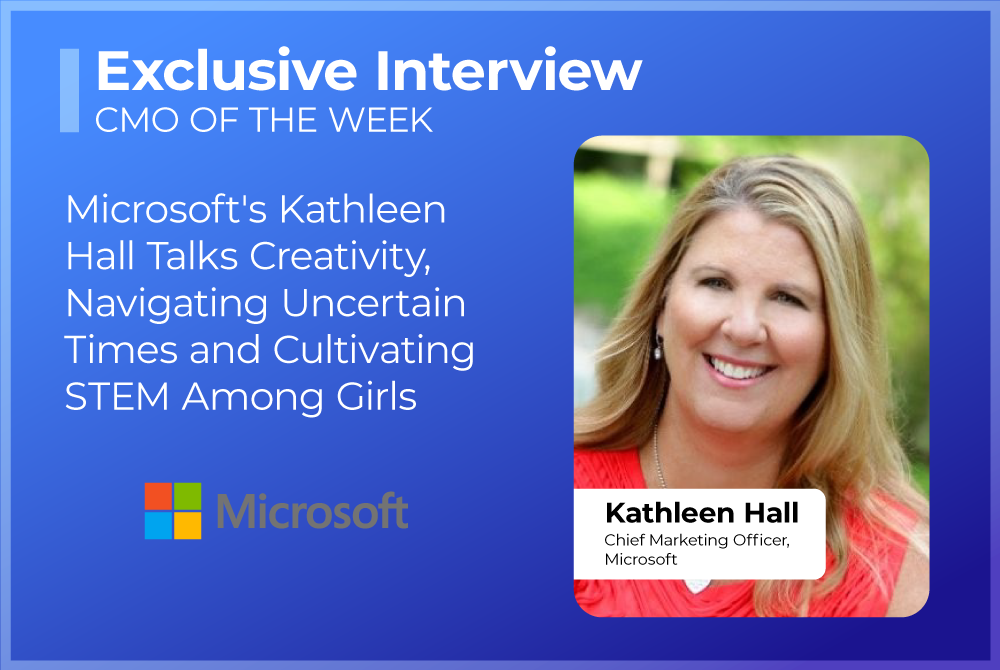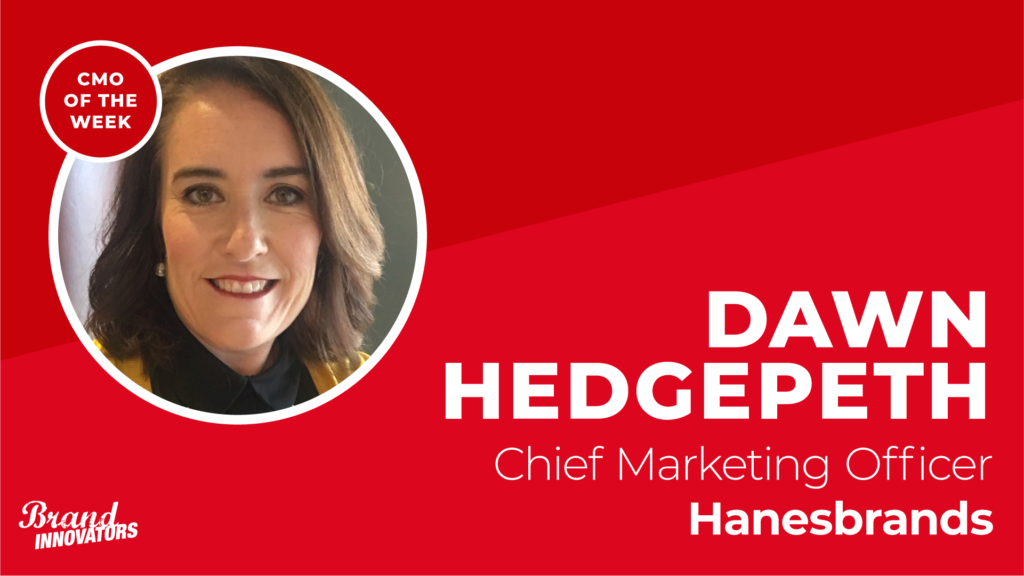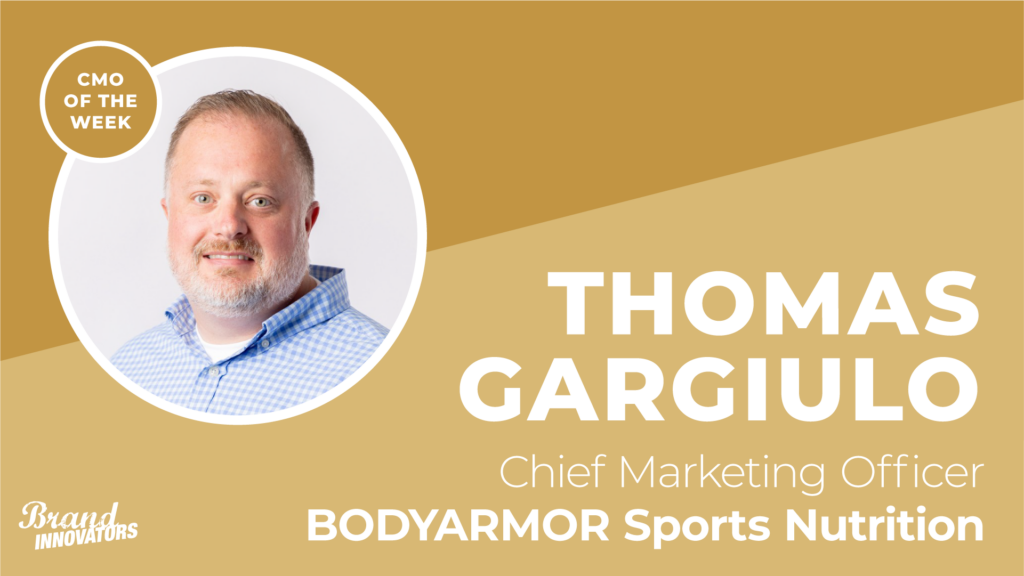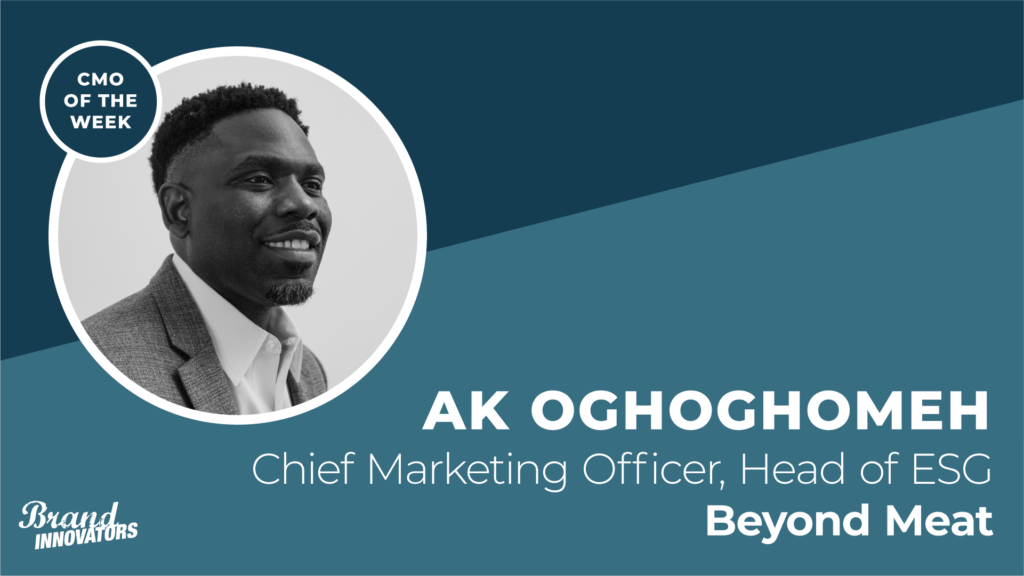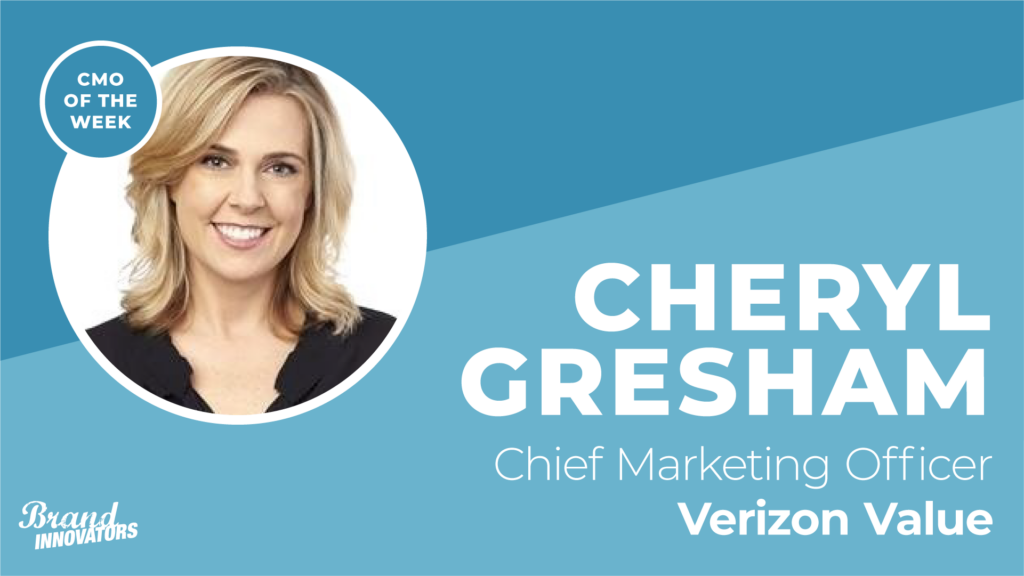Kathleen Hall, has been with Microsoft for more than 14 years, working her way up through the brand’s global advertising division to the chief marketing role at the company.
Microsoft saw enormous growth through the pandemic when the virtualization of life drove device sales. The company saw a 38% increase in profits last year, with the brand reporting more than $60 billion in revenues. As chief brand officer of the No. 14 ranking brand on the Fortune 500, Hall is tasked with keeping the brand relevant, at a time when consumer prices surge and a recession is looming.
“The biggest challenges facing our brand today are the same ones facing the world today. Inflation is a huge issue as are sourcing material bills and material costs,” explains Hall. “Virtually every brand in every industry has the same challenges. Our industry was maybe hit a little double hard because we actually had the COVID surge in business. We saw PC sales go up, which helps Windows, which helps a lot of our other sales services. We had that bow wave of impact through COVID that now is coming down as the recession and the recessionary impact hits. So we need to be extra thoughtful in our investments on offense right now.”
Hall’s vision for the brand is to “keep our values-based position and vision intact in a very tense and charged environment,” she says. “It’s very hard today to manage brands within the context of the world. As they said, in Spider Man with great power comes great responsibility. We have a big responsibility. Brands are looked to now more than ever as a reflection of your personal values. But it’s also a highly sensitized time, so it’s challenging. Our vision is to get it right. Not veering from who we are, and what’s true and authentic about us. Not in fear or reaction, but being sensitive to the sensitivities out there.”
To navigate these choppy waters, the brand relies on its core values which include: inclusivity, access, democratization of technology, supporting human rights and sustainability.
Brand Innovators caught up with Hall from her office in Redmond, Washington to talk about creativity, media investments and cultivating STEM among girls. This interview has been edited for length and clarity.
Microsoft was named Creative Marketer of the Year by Cannes Lions in 2021. How do you define creativity?
Creativity is addressing a problem or opportunity in a very unique and very impactful way that hopefully, no one’s ever done before. One of the paragons of creativity to me of late is the play Hamilton on Broadway. If you took the statistical norm of what makes a great play and tried to model it after that you never would have come up with a rap about an obscure figure in American history with a Black cast. To me, that’s creativity. Another one that pops into my head is the Survivor billboard that X Box did. Did you think that outdoor was dead? No one’s going to use traditional outdoor anymore. And here’s a way to turn it outdoor into a socially relevant engaging, multi screen, multi kind of outlet engagement. So like those, to me, that’s creativity. It’s not like you’re making something completely new aren’t necessarily what you’re coming at something in a very unique and different way. The number one that comes to mind is the the girl on Wall Street, right? The girl staring down the bull? Those are the kinds of examples of creativity to me that I aspire to.
Can you give an example of how Microsoft is using creativity?
One example that I’m most proud of is the girls and STEM work that we did for International Women’s Day. It came from a bit of a faux pas where [Microsoft CEO] Satya Nadella was a fairly new CEO. He went to the Grace Hopper Conference, which is all about women in technology. He was asked by a woman: “What should I do to get ahead?” And he stumbled a little bit in his answer, which Satya took as a learning moment. We took it as an opportunity to look inward and say, What are we doing about this problem? And whenever you say, what are we doing about this problem, you’ve got to peel the problem away. We don’t have enough women in tech because not enough women graduate with the degrees we need to be in tech.
Well, why? Because guess what between fourth and sixth grade, it becomes uncool. We have this only girl phenomenon where she’s the only girl in the room. We took that insight and we turned it into creative. We created the “Can you name a female inventor?” campaign. Many people can name Nikola Tesla or Albert Einstein but nobody could name a woman. Yet, there’s these amazing women out there. So that was a fully digital, social campaign. We got 60 million views in weeks because we hit a nerve.
Underneath that, we created seminars and all of our stores for girls and girl organizations to meet with National Geographic scientists who are women and have them talk about the work they’re doing to help change the world. We started a patent program for women, because both the US head of the U.S. Patent Office and the head of our patent legal department are both women. They helped women get patents because women are underrepresented in patents.
We create programs with legs. It started with a problem that made us look at an issue then decided, “Hey, we have a place in changing the outcome here and making sure we get more girls into STEM so that technology has more women in STEM.”
Can you talk about how you’re thinking about channels to connect with your consumer and where your investments are going?
We’re in a time of change right now. We tend to be a little guardrail in the media industry. We’re like, cable is the hot new thing everybody needs to spend in cable and broadcast is dead. And then a couple years later, it’s cable is dead, it’s all digital. We should put all our money in digital. Then digital dead, it’s just social. We go through these extremes. Because I have lived through all that, I think we have to manage media as a portfolio. It’s about a range of levers that have different kinds of impact and need to be used differently.
For example, when we use broadcast, the great thing about that is, it’s a very communal experience. We run it when we run a Super Bowl spot, everybody sees it at the same time in the same place and then a conversation starts and continues online. We need to make sure we’re engaged in that conversation. It’s a two-way conversation in social. We’re using all the levers for different types of engagement. But it’s not, this one’s dead, and that one’s alive.
You mentioned Super Bowl. Will you be at the Super Bowl this year?
I doubt very much we will be at the Super Bowl this year, at least as an advertiser. I honestly wish we were because I’m of the belief –and there’s tons of data that supports this– that marketing through a recession ends up generally gaining you share and loyalty in the long term. I think that’s a harder story to sell, than a short term ROI story. And that’s part of our industry’s challenge.
Are you shifting more of your budget into digital channels these days?
As we reduce budget, which we have in the face of some fairly significant economic uncertainty, we tend to go to those that are more directly measurable in a shorter term, which tends to be more digital. Do I think, personally, that’s a great long term investment strategy? I don’t. It’s kind of like an investment strategy. Just because a CD is going to give me a guaranteed return at a low rate, do I really want to take my stock out of the market? Because when that starts moving, baby, that’s where the growth is. I like to have a portfolio approach that I think not many people stick with in tough times, and I think they should.
How are you thinking about loyalty and developing relationships with your customer base?
We’re spending an awful lot of time educating people and building models around the idea of brand love and why brand love matters. There are four main business outcomes of love. One is repeat purchase. Then, the willingness to recommend, and that’s hugely valuable to us. The other is the willingness to try new things because it’s from the brand that you love. The fourth is paying a premium for material impacts of love that we can actually quantify and that’s what we’re spending time doing. We’re trying to make human relationships. Brand relationships are very similar. Why do you love somebody? It’s very hard to say what’s the benefit of love and long term relationships, and that’s what we’re trying to do. We’re trying to formalize it a little bit.
How are you approaching the metaverse?
We’re trying to walk before we run and learn as we go. Being a tech company, we are more on the forefront. Like any new media opportunity, it’s going to have to develop over time. It can’t just be, are we there? To my portfolio point, we have to figure out what the unique role the metaverse plays in the marketing mix and how do we both best leverage that? I don’t think we know that yet. I think we’re learning. We connect with creators who are really well versed in the metaverse and see how we can leverage their unique capabilities there.
Can you speak about how you’re working with creators and influencers?
We’ve made a really concerted effort to work with creators in multiple industries just to develop their knowledge and expose them to experiences and potential. It’s behind the scenes. It’s very relationship driven. It’s something we put a fair amount of effort into. What’s unique about Microsoft is we’re very open. We’re not very mercenary. We believe if we teach people and expose them to the potential of the technology, they’ll leverage it on their own and it will benefit us in the long term.
What are you most excited about for the rest of this year?
I’m very excited about the work we’re doing on trying to have a deeper understanding of brand love and ultimately how to value brand love. Very encouraged and excited about really extending our understanding of our values and the role that we play in society around those values. Where do we speak? When do we not speak? What’s the difference between values and a position? And politics? There’s a line there. We’re learning and developing as we go. Where is our territory? And when is it appropriate to take action? When is it appropriate to speak?
